Francesca Orsini, a UK-based scholar of Hindi literature and Professor Emerita at the School of Oriental and African Studies, University of London, has made headlines after India deported her from Delhi’s Indira Gandhi International Airport on Tuesday.
She was sent back upon her arrival from Hong Kong on the intervening night of October 20–21. She was holding a five-year tourist visa, but Indian authorities found that she had previously engaged in academic activities not permitted under her visa category—a pattern cited as a violation leading to her blacklisting earlier that year. She had been blacklisted for this violation of visa norms in March this year.
Orsini’s case is by no means isolated.
India has historically seen such cases where authorities found that academicians visiting India on tourist visas engaged in research work and often presented work that seemed biased to the government. Officials have long complained about such academics over negative or biased portrayals of India and its culture.
In recent times, India has been closely scrutinising foreign researchers, journalists, and academicians alleged to have violated visa regulations or engaged in activities considered contrary to visa conditions, particularly when their work is seen as critical of India.
This ongoing enforcement also reflects India’s sensitivity to regulating foreign participation in research and public discourse within its borders, ensuring that all activities align with visa norms and national priorities. Here, we see how this policy has been implemented over the years, illustrating the challenges and controversies surrounding India’s visa scrutiny for academics and researchers abroad.
Here’s a look at five key cases that made headlines at the time of their occurrence, with India enforcing visa compliance and safeguarding the country’s interests concerning academic engagements.
Impact Shorts
More ShortsHasnain Kazim (2009)
In 2009, the Indian government declined to renew the visa of German journalist Hasnain Kazim, who was then serving as the South Asia correspondent for Der Spiegel. Officials alleged that during a previous visit, Kazim had breached visa conditions and published reports they deemed overly critical and biased against India.
Christine Mehta (2014)
A US-based researcher with Amnesty International India was deported after her Overseas Citizenship of India (OCI) status was revoked. She claimed to be investigating human rights in Kashmir, but authorities accused her of biased reporting.
Dr Christo Philip (Pre-2014, Restored 2019)
The Indian-American evangelist had his Overseas Citizenship of India status (OCI) cancelled due to alleged proselytising, the act of attempting to convert people to a different religion or belief. However, the Delhi High Court later restored his status, emphasising constitutional protections of religious freedom.
Filippo Osella (2022)
A UK-based anthropologist with over three decades of research in India was deported from Thiruvananthapuram airport. Despite holding a valid visa, officials placed him in a high-security blacklist category, citing undisclosed national security concerns.
Nitasha Kaul (2024)
A Kashmiri-origin academic with British citizenship and OCI status was denied entry at Bengaluru airport despite being invited to a government conference. Her OCI was later revoked based on a lookout circular issued by Indian authorities.
Ashok Swain (2022 & 2024)
A Sweden-based academic known for his critical views of the Indian government had his OCI status cancelled twice. He successfully contested the cancellation in the Delhi High Court, but the government defended its actions citing threats to sovereignty and national integrity.
Lindsay Bremner (2022)
The British academic and architecture expert was turned away upon arrival at the Chennai airport. Though no official reason was provided, sources suggested her research work was considered “sensitive.”


)

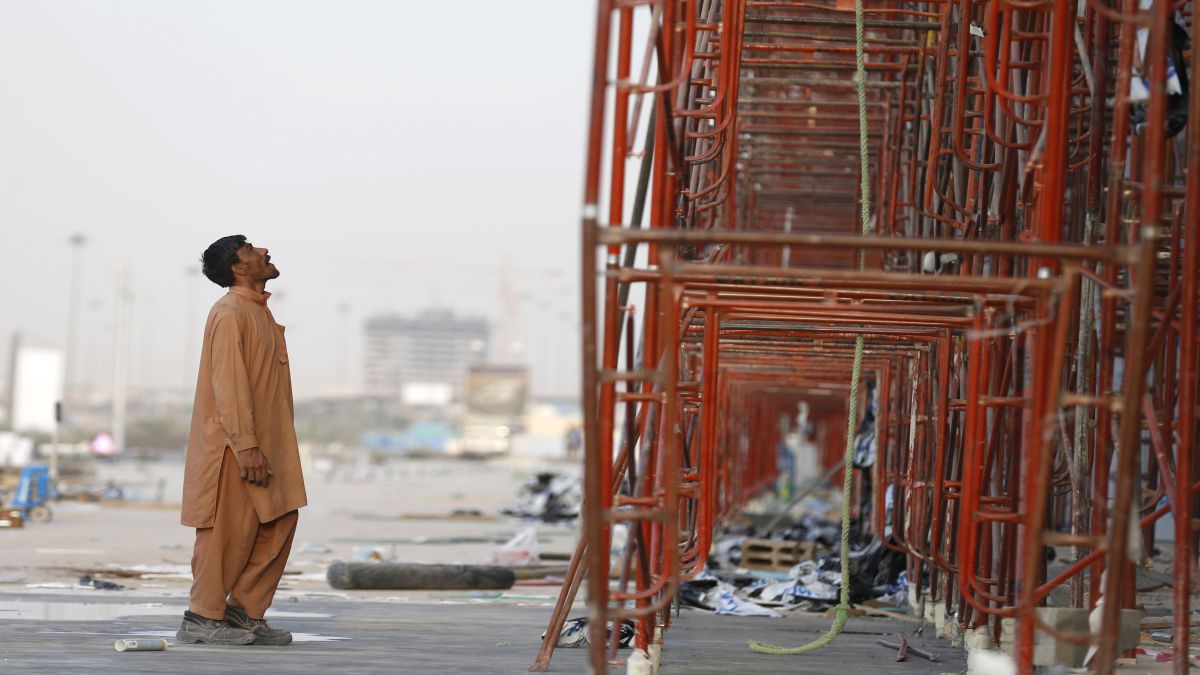)
)
)
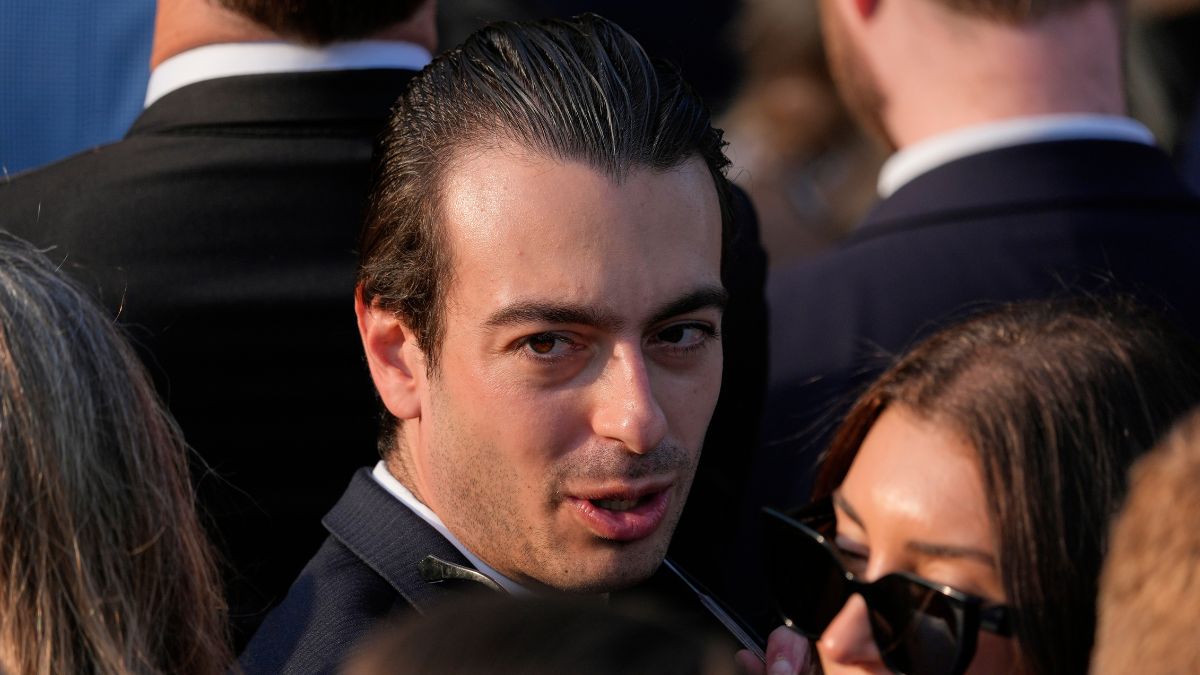)
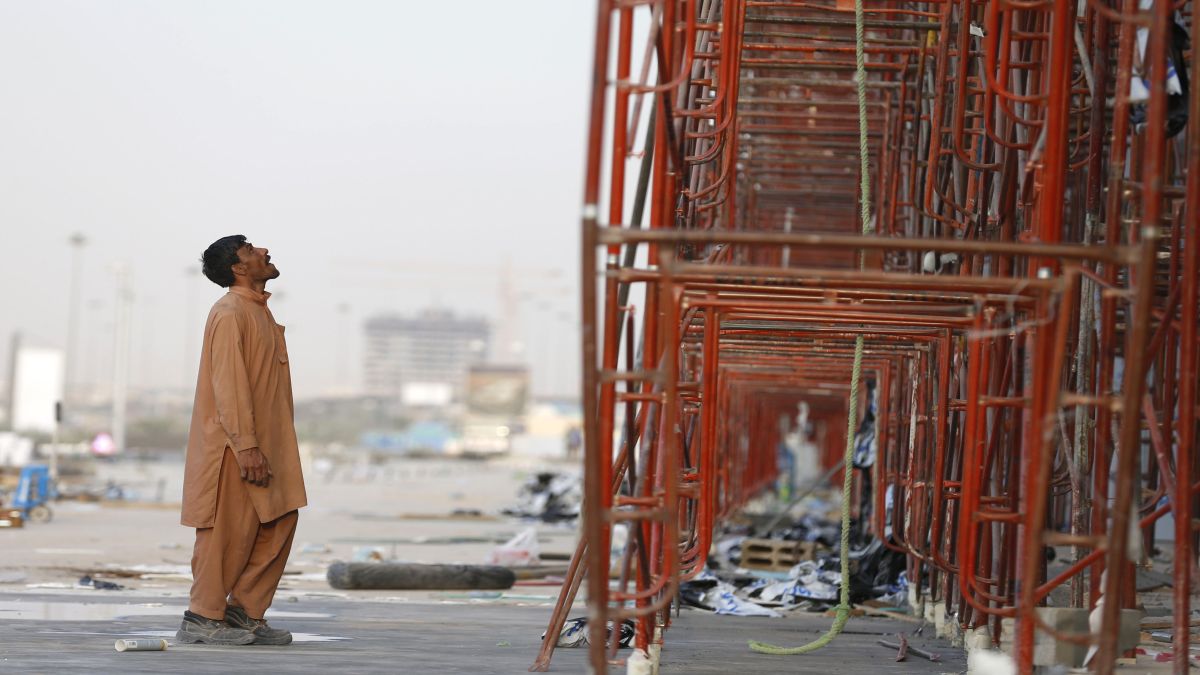)
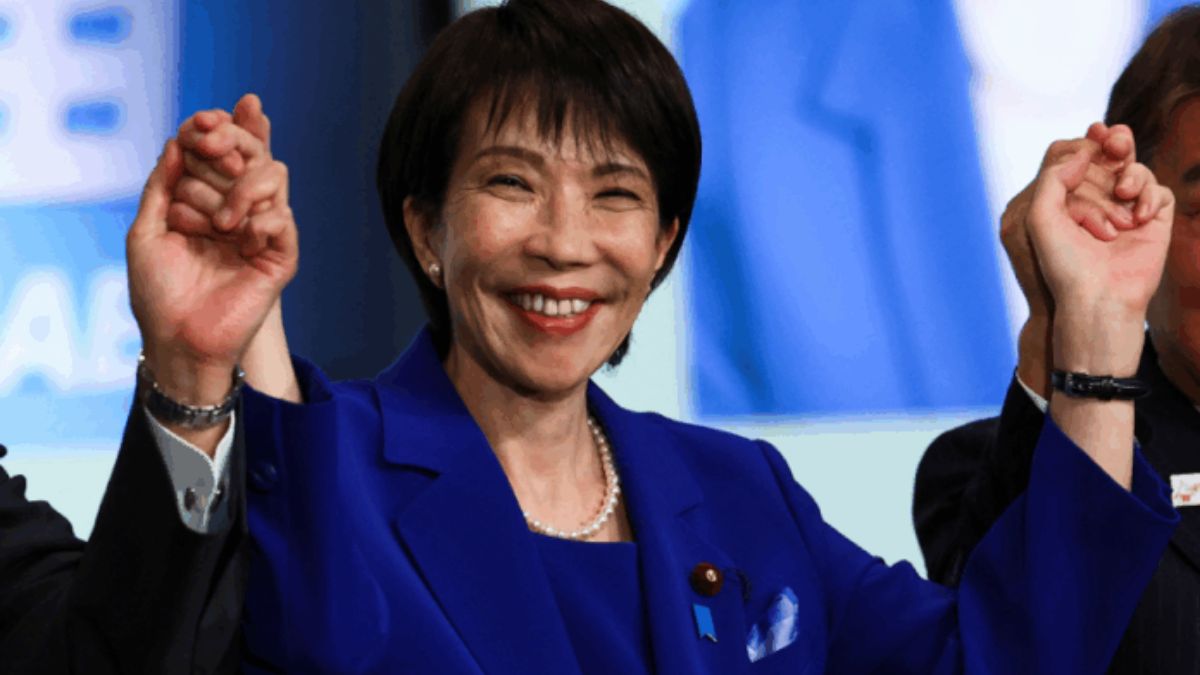)
)
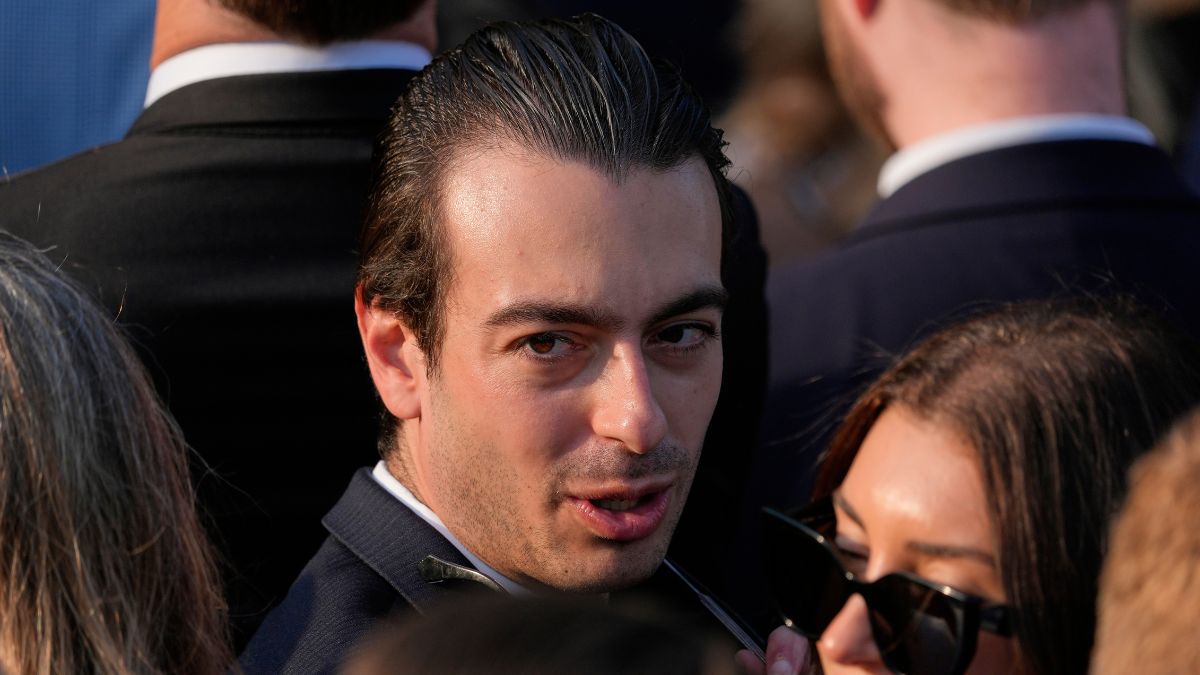)



